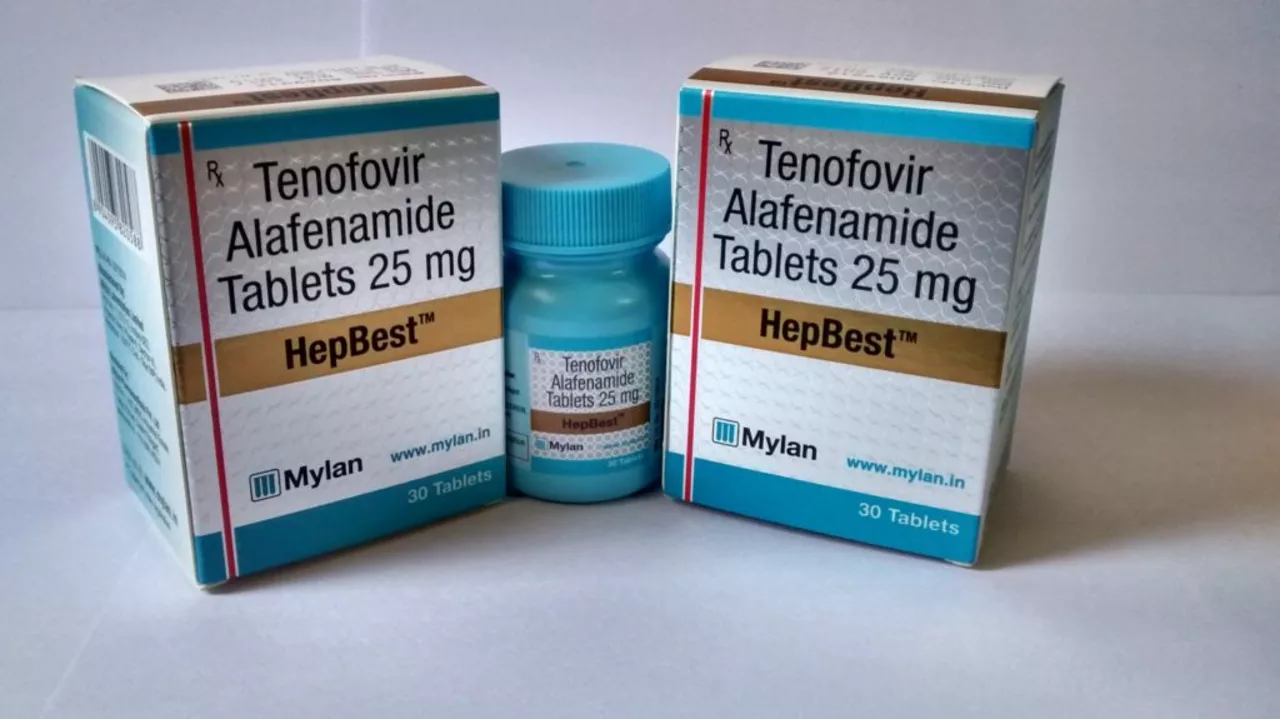Mixing medications: what actually goes wrong and how to avoid it
Mixing the wrong drugs can do more than make you feel bad — it can cause life-threatening problems. For example, combining opioids and benzodiazepines can slow breathing. Pairing an SSRI with an MAOI can trigger serotonin syndrome. A few clear rules cut most risk: know what you take, check interactions, and ask a pharmacist.
Common risky mixes to watch for
Opioids + benzodiazepines: both depress the brain’s breathing center. Taken together, they increase overdose risk fast. If your doctor prescribes both, ask why and whether lower doses or alternatives are possible.
SSRIs/SNRIs + MAOIs: mixing antidepressants that act on serotonin can cause agitation, high temperature, fast heart rate, and confusion. Never start or stop these drugs without medical advice and safe washout periods.
Warfarin + antibiotics/NSAIDs: some antibiotics and over-the-counter pain relievers raise bleeding risk by altering warfarin levels or platelet function. If you’re on blood thinners, get medical guidance before adding any new drug.
Statins + grapefruit: grapefruit juice blocks an enzyme that breaks down many statins, raising side effects like muscle pain. Avoid large amounts of grapefruit when you take these drugs.
Supplements + prescriptions: herbal products like St. John’s wort speed up liver enzymes and can make birth control, antidepressants, and transplant drugs less effective. Don’t assume “natural” means safe.
Simple, practical checks you can do right now
Make a single, current medication list and keep it on your phone: include prescriptions, OTCs, vitamins, and herbs. Show it to every clinician and pharmacist you see.
Use a drug interaction checker from a trusted source or ask your pharmacist. These tools catch most dangerous overlaps and tell you whether timing or dose changes can help.
Space medicines when possible. Some interactions depend on taking drugs at the same time. For example, certain minerals block antibiotic absorption — take antibiotics two hours before or six hours after supplements.
Avoid alcohol unless your clinician says it’s okay. Alcohol multiplies sedating effects, worsens liver stress, and can reduce how well meds work.
Start one new medication at a time when you can. That makes it easier to spot side effects and know what caused them.
Be cautious with online pharmacies. Buy only from reputable sources and keep prescriptions on file. Fake or mislabelled drugs increase interaction risks because the active dose may be wrong.
If you’re pregnant, breastfeeding, or have liver/kidney disease, interactions change. Ask a specialist — dosing and safe alternatives often differ.
When in doubt, call a pharmacist. They deal with interactions daily and can offer quick, practical advice: change timing, adjust dose, or suggest a safer substitute.
Mixing medicines doesn’t have to be scary. With a current med list, simple checks, and quick questions to your pharmacist or doctor, you can reduce most risks and use your treatments safely.

